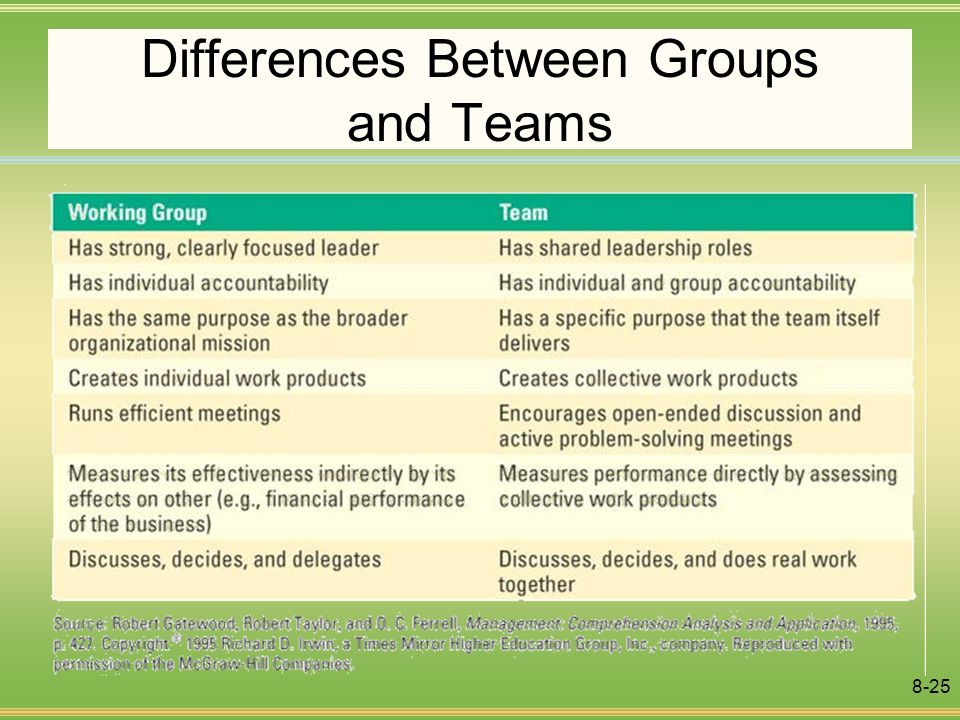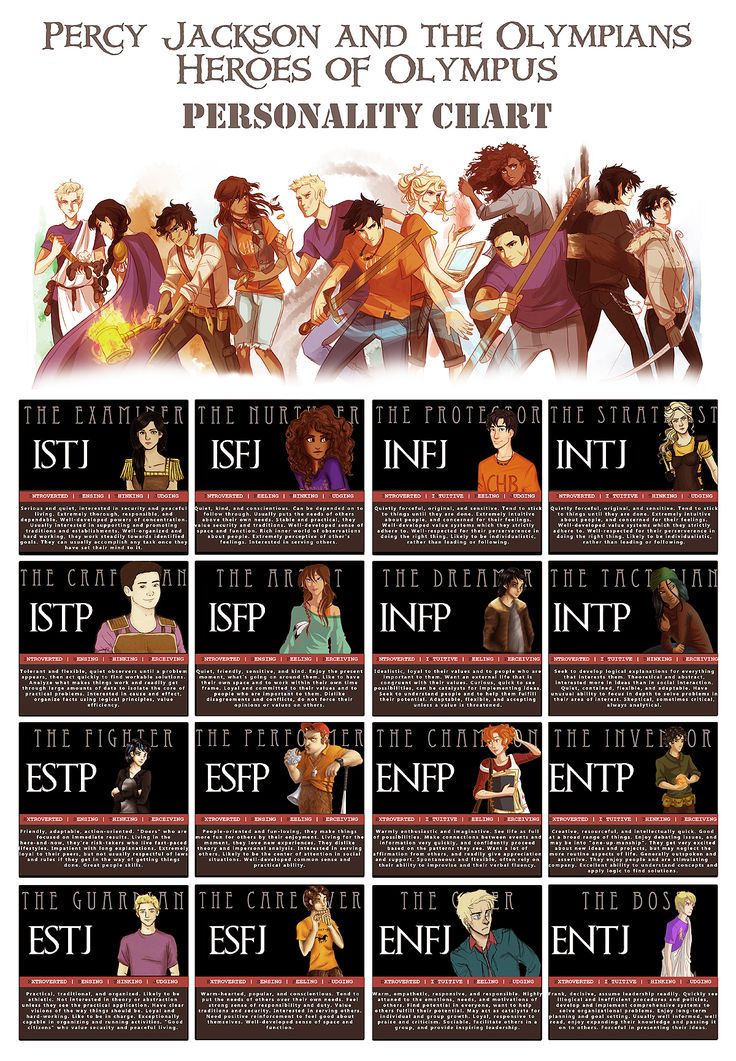What is psychoeducational group
What Are Psychoeducational Groups & How Are They Effective
Home > Learning > Rehab Explained > Why Psychoeducational Groups Are Effective at Treating Mental Health Issues
By Kristina Robb-Dover
Psychoeducation is a type of group therapy for those seeking help for mental health disorders or addiction. Psychoeducation isn’t always well understood by the public or by those who seek out psychoeducational group therapy. Yet, its premise is very simple and very valuable.
Psychoeducational groups work to educate those who are seeking mental illness or addiction treatment on how to live with these conditions. It’s not a new concept, having been in use for over 100 years, but it hasn’t always been accepted as a viable option. It’s also changed significantly over the years. During the mid-1980s, it was designed to bring families together in a type of intervention-style meeting.
Patients and their family members were given information on the illness and instructed to develop a deep understanding of that illness and the therapies used to treat it. The goal was to create a long-term commitment from everyone involved in the treatment of the condition.
Today, it’s evolved into an independent therapeutic program where the focus is on communication improvement between the patient and the family. Now, the goal is to help the family understand and accept the illness and, in doing so, offer a supportive network to the individual.
What Are Psychoeducational Groups?
Psychoeducational groups are informative sessions that bring family and patient together to learn about substance abuse or mental health disorders and their consequences. These are structured group sessions in which the focus is on learning and group activities.
They are also designed to focus specifically on the patient’s life. A key aspect of these group sessions is that they don’t work to change the situation but rather inform everyone about what’s happening, why it is happening and what they can do about it.
Because this type of group session provides such in-depth information, it is considered an essential component of most therapy programs. When a person and their family have this deep level of understanding of what’s happening, they are better able to cope with the difficulties that arise during the treatment process.
The patient is also able to feel more in control over their condition and their family’s role in recovery. In some cases, this can improve mental capacity, giving them a better opportunity to manage the process.
Begin your recovery today
Ready to start? More questions about treatment?
Contact Us
What Are the Benefits of the Psychoeducational Model?
In psychoeducation therapy, people gather to learn. It’s commonly accepted that people facing addiction or mental health challenges such as depression, anxiety and more extensive conditions such as schizophrenia and bipolar disorder don’t know much about their condition.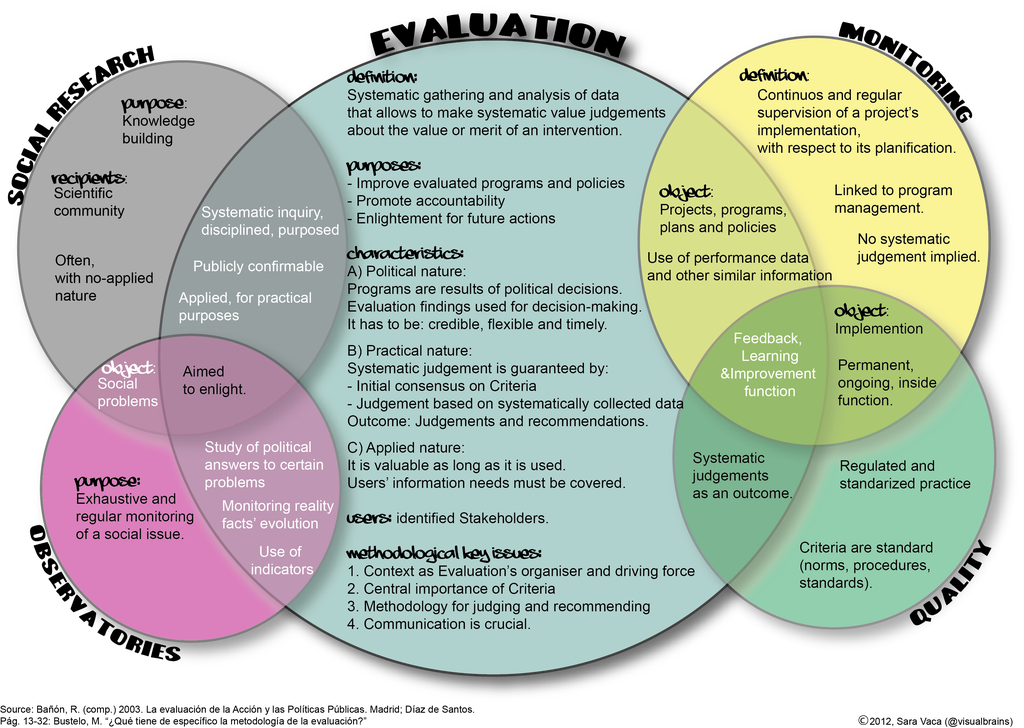 They don’t know what therapy can offer or how this can improve their quality of life.
They don’t know what therapy can offer or how this can improve their quality of life.
From the family’s standpoint, this type of group setting can improve knowledge of the condition and facilitate a better understanding of what they can do to help. They learn how to support their loved one.
At the same time, they learn how to support their own emotional health and well-being as their loved one struggles. In most cases, this type of educational program creates an improvement in their quality of life.
Psychoeducation isn’t a cure. It doesn’t even attempt to provide therapy. Yet, it gives much-needed information and insight for those entering the treatment phase.
What Happens in Psychoeducational Therapy Sessions?
A variety of formats may occur. Most of the time, this type of educational model facilitates a group of people coming together to learn. The amount of group members participating can vary from one-on-one to very large.
There are four key goals of any psychoeducational session. They include:
They include:
- Transfer information from those mental health professionals in attendance to the patient and family
- Provide medication and treatment plan support and education
- Offer training specifically aimed at self-help and self-care for those in need
- Create a place for family to share emotional frustrations and concerns without any negative impact
Though each session is unique, there are a few key things that commonly occur. Most often, a therapist explains the mental health or addiction condition is in a one-on-one or group setting.
The therapist describes the impact it has on a person’s functioning and overall well-being. They discuss the treatment taking place, such as the type of medication being used and how it works.
Psychoeducation may also include formal classroom-style environments in which a larger group of people come together to learn. This is an important community-type of event because it helps residents understand the growing number of addictions, overdoses or mental health issues.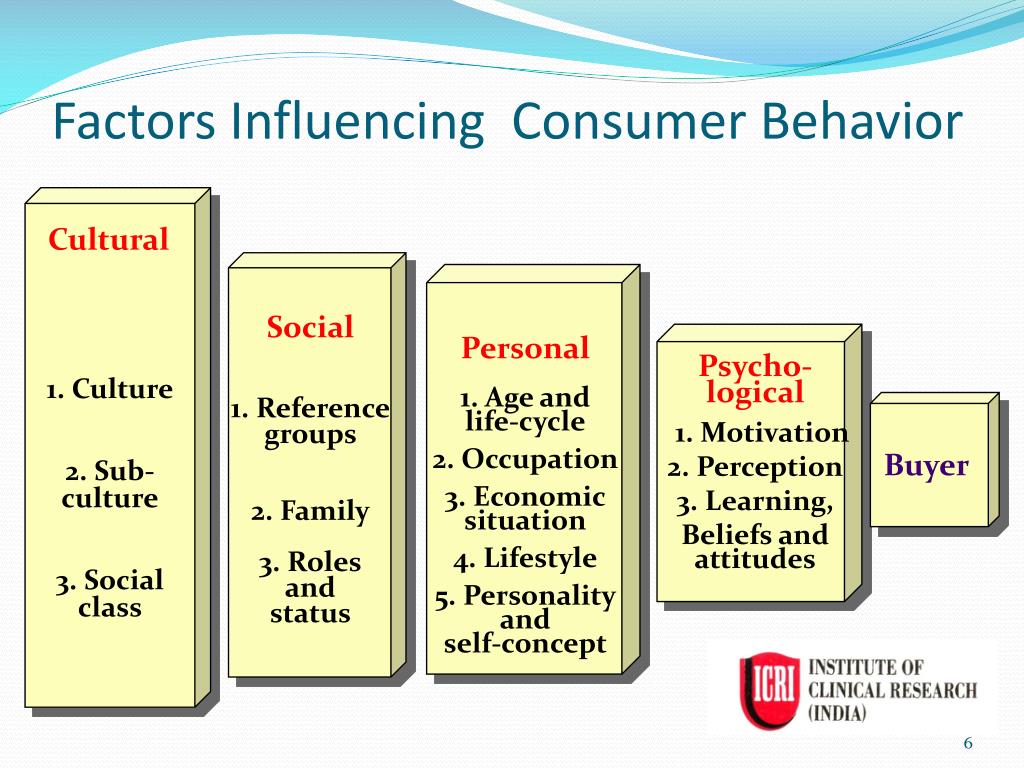
Information shared in these sessions isn’t meant to be personal. That is, it isn’t a treatment for that person, but rather a way to educate on a broader scale.
When Can Psychoeducation Be Useful?
There’s a large range of educational programs available, each customized to a specific mental health condition or addiction. Some areas in which this model may be specifically helpful include:
- Eating disorders
- Alcohol addiction
- Drug addiction
- Clinical depression
- Anxiety disorders
- Schizophrenia
Psychoeducation Compared to Process-Oriented Treatment
Another form of group therapy, process-oriented psychology, sometimes called process work, is a type of holistic treatment. It works to help individuals develop personal awareness and identify repressed emotions.
Here, the goal is to help patients understand their personal experiences and personal reasons for suffering better. It can help to encourage a realization of why something happens and can aid in promoting leadership skills. It can also address some social conflicts.
It can also address some social conflicts.
Unlike psychoeducation, process-oriented therapy is a treatment aimed at improving a person’s well-being and their understanding of their condition. It works to create improvement. Psychoeducation is information communicated at a high level that helps with understanding what’s happening and why.
The two models differ in the type of information obtained and the reasoning for it. Both can help people with an addiction or mental health disorder to learn to live with it, while psychoeducation also includes family-oriented education.
In some situations, both methods can be helpful. Therapists work to understand the needs of the person and then recommend proper treatment.
Finding Treatment for Your Needs at FHE Health
For people experiencing incredible change during addiction and mental health disorder treatment, psychoeducation groups may be helpful. FHE Health can work with you to help you get the best care for your individual needs.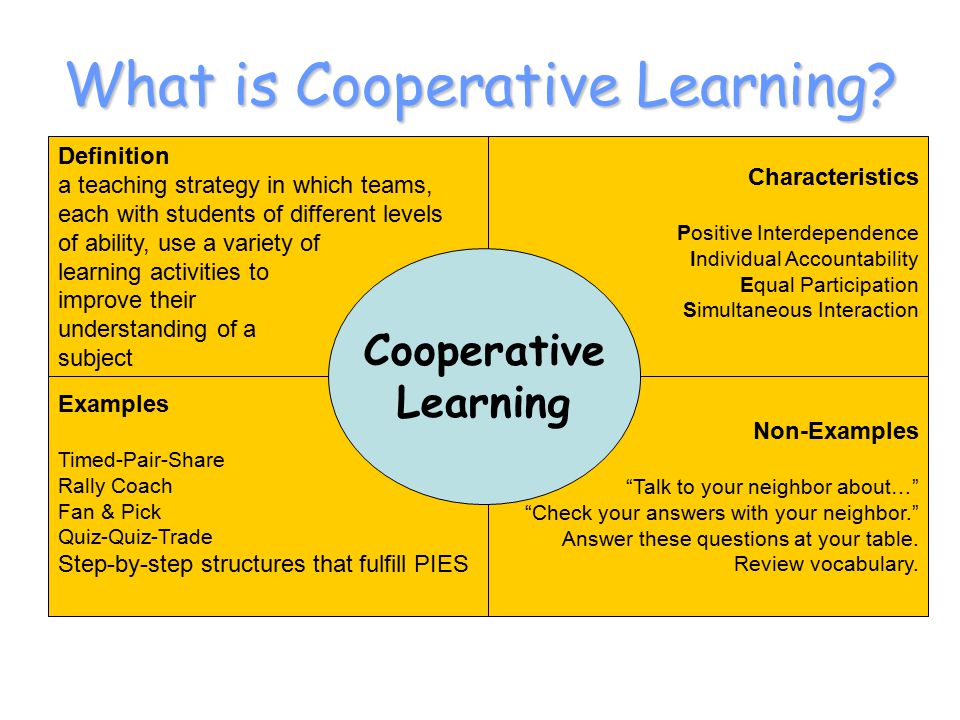 Contact us today for more information.
Contact us today for more information.
About Kristina Robb-Dover
Kristina Robb-Dover is a content manager and writer with extensive editing and writing experience... read more
Psychoeducational Group Topics
Behavioral Health 
What Are Psychoeducational Groups
A psychoeducational group is a group therapy group conducted by a mental health professional that educates clients about their disorders and ways of coping. Psychoeducational groups utilize the group therapy process, where clients share their concerns and struggles with recovery with the group and facilitator comparable to other substance abuse groups. However, a key difference with psychoeducational groups compared to substance abuse therapy groups are the injection of materials to help convey significant information to the clients.
The introduction of materials into the psychoeducational group helps to make the group not only a safe place for clients to process their feelings and struggles, but it adds a strong educational component.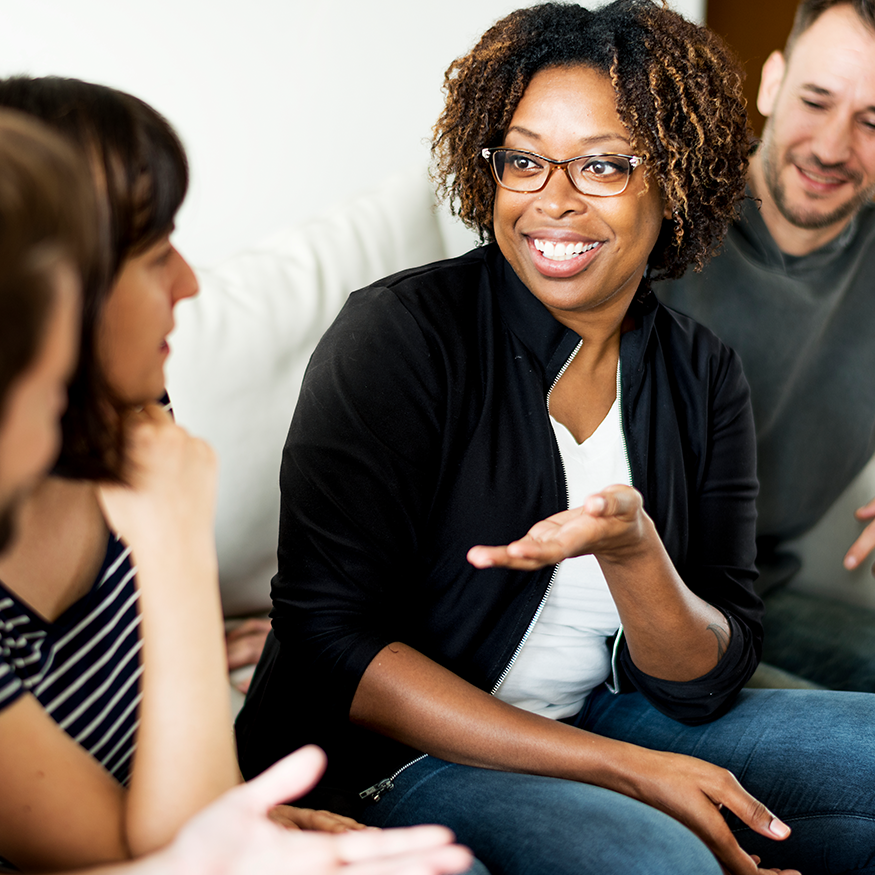 Some of the material used in a psychoeducational group include sheets with statistical information, videos, handouts, books, curriculum and even guest speakers. These materials enable the client to see statistics, see written examples, read about others recovery details, have materials to study, and see other people sharing their stories including their ups, downs, consequences and triumphs of recovery. These materials help to increase a participant’s self-awareness of their choices.
Some of the material used in a psychoeducational group include sheets with statistical information, videos, handouts, books, curriculum and even guest speakers. These materials enable the client to see statistics, see written examples, read about others recovery details, have materials to study, and see other people sharing their stories including their ups, downs, consequences and triumphs of recovery. These materials help to increase a participant’s self-awareness of their choices.
Psychoeducational groups help the counselor have a topic with an agenda including activities. These groups are particularly valuable because they can provide resources that may aid in recovery, knowledge related to their affliction, and information to become more self-aware to the consequences of their condition.
The History of Psychoeducational Groups
According to Wikipedia, “The concept of psychoeducation was first noted in the medical literature, in an article by John E. Donley "Psychotherapy and re-education" in The Journal of Abnormal Psychology, published in 1911. It wasn't until 30 years later that the first use of the word psychoeducation appeared in the medical literature in the title of the book, The psychoeducational clinic by Brian E. Tomlinson. (New York, NY, US: MacMillan Co.) published in 1941. In French, the first instance of the term psychoéducation is in the thesis "La stabilité du comportement" published in 1962.
Donley "Psychotherapy and re-education" in The Journal of Abnormal Psychology, published in 1911. It wasn't until 30 years later that the first use of the word psychoeducation appeared in the medical literature in the title of the book, The psychoeducational clinic by Brian E. Tomlinson. (New York, NY, US: MacMillan Co.) published in 1941. In French, the first instance of the term psychoéducation is in the thesis "La stabilité du comportement" published in 1962.
The popularization and development of the term psychoeducation into its current form is widely attributed to the American researcher C.M. Anderson in 1980 for the treatment of schizophrenia. Her research concentrated on educating relatives about the symptoms and the process of schizophrenia. Also, her research focused on the stabilization of social authority and improving the handling of family members among themselves.
Finally, Anderson's research included more effective stress management techniques.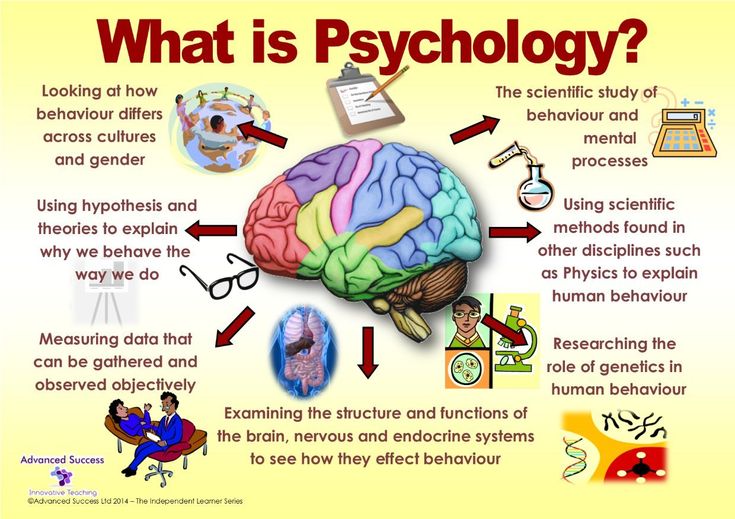 Psychoeducation in behavior therapy has its origin in the patient's relearning of emotional and social skills. In the last few years increasingly systematic group programs have been developed, in order to make the knowledge more understandable to patients and their families.
Psychoeducation in behavior therapy has its origin in the patient's relearning of emotional and social skills. In the last few years increasingly systematic group programs have been developed, in order to make the knowledge more understandable to patients and their families.
Premise of Psychoeducational Groups
According to the research conducted by E.P. Lukens in 2004, “Psychoeducation has the potential to extend the impact of care provision well beyond the immediate situation by activating and reinforcing both formal and informal support systems (Caplan & Caplan, 2000; Lundwall, 1996; Pescosolido, Wright, & Sullivan, 1995) and teaching individuals and communities how to anticipate and manage periods of transition and crisis. If developed and implemented carefully, following specified guidelines for delivering and documenting evidence-based practices (Task Force on Promotion and Dissemination of Psychological Procedures, 1995).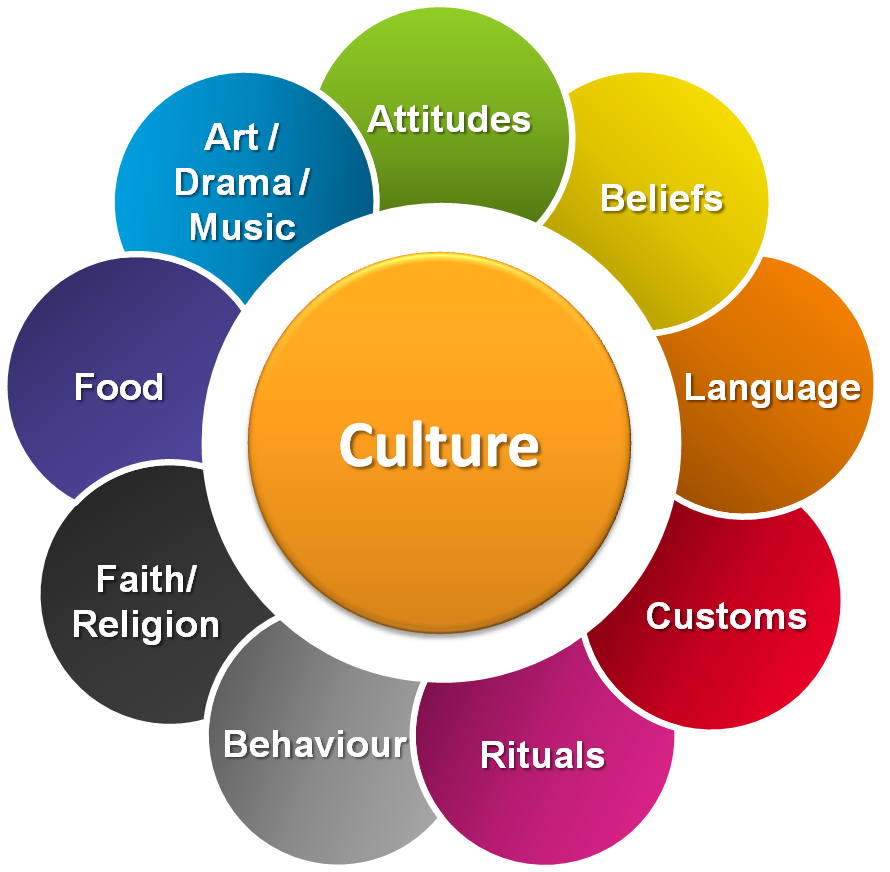
“… Psychoeducational interventions have far-reaching application for acute and chronic illness and other life challenges across levels of the public health, social and civic services, and/or educational systems.” – E.P. Lukens
Who Can Benefit From Psychoeducational Groups
Clients from diverse ethnic, race, cultural, social economic, educational, gender, age, religious and sexual orientations can all be helped with psychoeducational groups. Psychoeducational groups embrace diversity of its clients while focusing on the specific issue or mental health concern for a particular psychoeducational group. Psychoeducational groups make the topic the identified common equivalent. This helps to put everyone on the same playing field in regards to the participants being able to trust that everyone in the group has a basic understanding and knowledge base for what the other members are experiencing.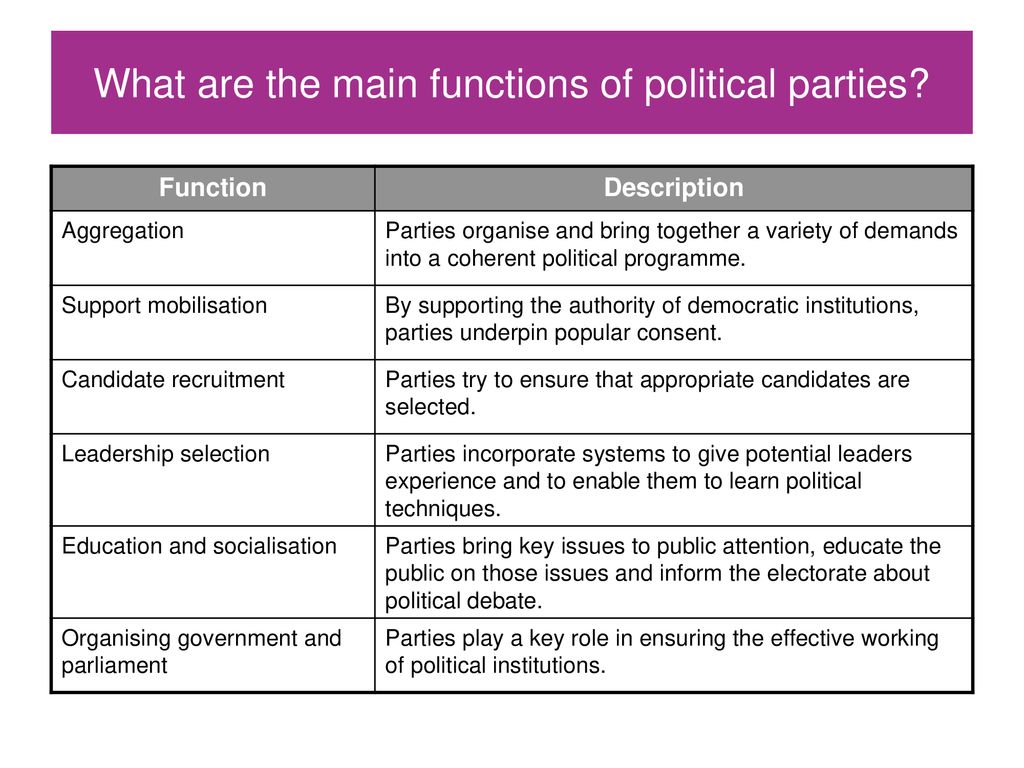 Psychoeducational groups can be utilized to help clients in multiple areas of mental health.
Psychoeducational groups can be utilized to help clients in multiple areas of mental health.
Start 30-day Free Trial and explore TheraPlatform. HIPAA Compliant Video and Practice Management Software for Therapists.
Free Trial
Psychoeducational groups include helping individual with:
- Phobias
- Mental Illness
- Substance Abuse
- Domestic Violence
- Trauma Survivors
- Weight Loss
- Chronic Physical Disease
- Anger Management
- Grief
- Criminal Behavior
Psychoeducational Groups Topics
Psychoeducational groups focus on sharing information on a particular topic and/or teaching skills to the clients in the group. The members of the group are all working and/or healing from the same concern. They are struggling with equivalent issues. This commonality helps the group members to connect and relate better to each participant in the group. In psychoeducational groups, the counselor has the role of an instructor and not just the therapist. The therapist has a more active role in the therapeutic process which includes not only providing a topic for each group but having supplementary materials to educate, show examples and engage the clients in a supportive, therapeutic and educational manner. Topics covered in psychoeducational groups can vary depending on the group type.
They are struggling with equivalent issues. This commonality helps the group members to connect and relate better to each participant in the group. In psychoeducational groups, the counselor has the role of an instructor and not just the therapist. The therapist has a more active role in the therapeutic process which includes not only providing a topic for each group but having supplementary materials to educate, show examples and engage the clients in a supportive, therapeutic and educational manner. Topics covered in psychoeducational groups can vary depending on the group type.
Psychoeducational Group Topics That Can be Included in Most Groups Include:
- Positive thinking skills
- Anger management
- People skills or soft skills
- Conflict management
- Visualization activities
- Choice points
- Communication
- Stress management
- Forgiveness
- Interpersonal communication
Psychoeducational Group Topics for Substance Abuse Clients can include:
- Triggers
- People, places and things
- Idle time
- The 12 steps
- Self-care
- Support systems
- Short and long term goals
Psychoeducational Group Topics for Grief Clients can include:
- The stages of grief
- Coping with loneliness
- Coping with loss
- Dealing with unmet expectations
- Planning a new future
- Saying goodbye to a loved one
- How to honor a loved one’s memory
Psychoeducational Group Topics For Social Phobia (Social Anxiety Disorder) Clients Can Include:
- Education on the particular phobia topic
- Decrease shame
- Anxiety
- Friendship formation and maintenance
- How to go from avoidance to approach
- Practice social skills
- Small talk role-plays
- Identify and pursue valued social goals
Psychoeducational Group Topics For Domestic Violence Clients Can Include:
- Understanding power and control
- Isolation
- Fear
- Financial freedom
- Parent relationships
- Trust
- Self-forgiveness
- Rebuilding social connections
- Freedom
- Safety planning
- Love does not hurt
- Seeking advocacy
Resources
Ellen P.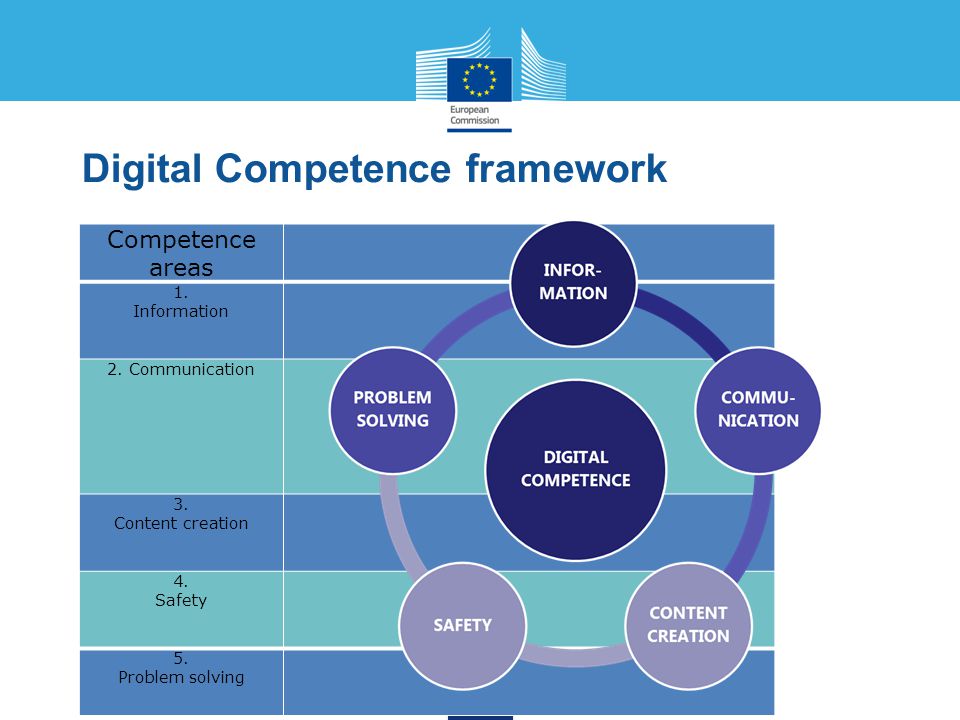 Lukens, MSW, PhD William R. McFarlane, MD (2004). Psychoeducation as Evidence-Based Practice: Considerations for Practice, Research, and Policy
Lukens, MSW, PhD William R. McFarlane, MD (2004). Psychoeducation as Evidence-Based Practice: Considerations for Practice, Research, and Policy
Looking for resources for your psychoeducational group? Theraplatform has several worksheets including those for specific groups like anxiety that you can use in your next session. If you’d like to streamline your practice further, check out Theraplatform, an all-in-one tool to help you manage the operations aspects of your practice. Try a free 30-day-trial today.
Practice Management, EHR/EMR and Teletherapy Platform
Start 30 Day FREE TRIAL
6/10/2019
Substance Abuse Group Activities
Substance abuse group activities can be useful in your recovery group. Discover 7 exercises to help clients get in touch with their feelings.
Discover 7 exercises to help clients get in touch with their feelings.
5/27/2019
Cognitive Behavioral Therapy Tips for Therapists
Cognitive Behavioral Therapy (CBT) seems pretty straightforward although it is more art than science. See five tips for successful CBT.
Therapy Games Teletherapy Therapy Notes Telepractice Marketing For Therapists Starting a Private Practice Resources For Therapists Behavioral Health Therapy Billing Case Studies Telehealth Physical Therapy CPT Codes ICD 10 Codes Speech Therapy ICD 10 Codes Physical Therapy ICD 10 Codes Mental Health Mental Health Assessments CPT Codes Mental Health Practice Management Types Of Therapy Occupational Therapy Speech Therapy Physical Therapy Cognitive Behavioral Therapy Therapy Intake Forms Therapy Treatment Plans Therapy Goals
Subscribe to our newsletter
Psychoeducation
For Russian psychiatric science, psychoeducation of patients with mental disorders and their relatives is a completely new type of rehabilitation and treatment.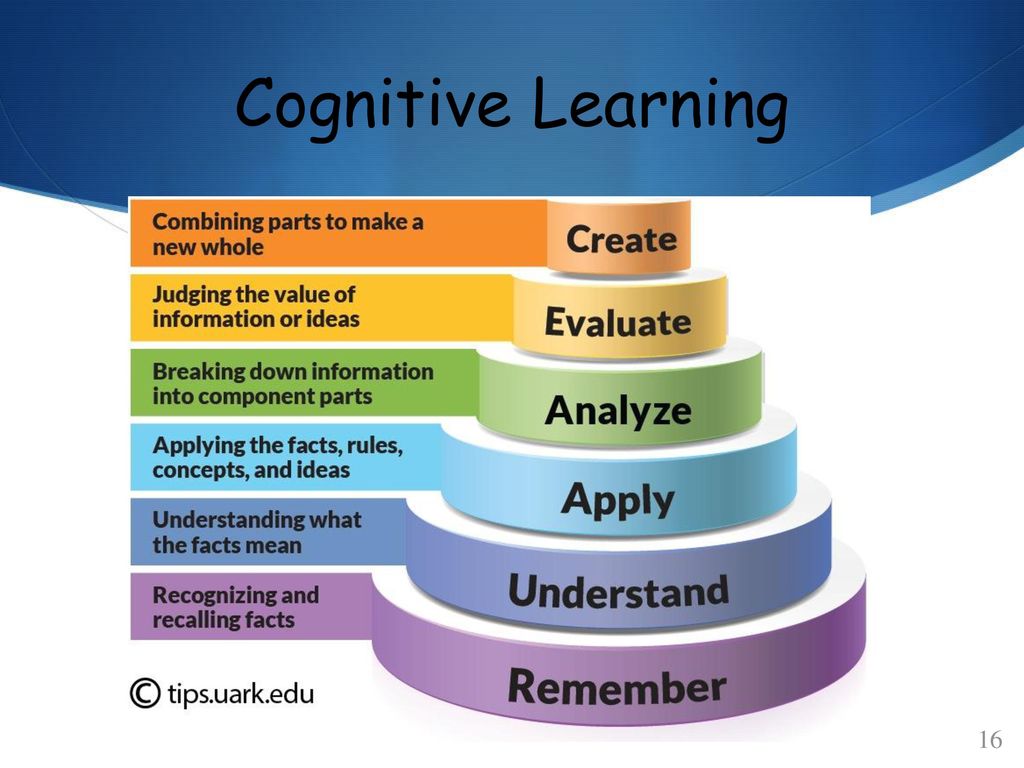 This method has been successfully used in the treatment of even complex and severe mental illnesses, such as schizophrenia. In foreign practice, the psychoeducation of mentally ill patients is given great importance and is widely used in the practice of medical and rehabilitation measures.
This method has been successfully used in the treatment of even complex and severe mental illnesses, such as schizophrenia. In foreign practice, the psychoeducation of mentally ill patients is given great importance and is widely used in the practice of medical and rehabilitation measures.
Psychoeducation is a training type of treatment and rehabilitation. Classes are held in the form of thematic seminars, which include separate significant stages of social and behavioral training. During the psychoeducation classes, patients are given information on various specific issues of the course of the disease, drug therapy, etc.
Group classes allow you to discuss the information received with all group members from the standpoint of your own experience. This makes it possible to maintain the patient at a relatively stable level of functioning, and contribute to a better understanding of the patient's features of mental illness. In addition, the psycho-educational cycle helps to identify stress factors that can significantly worsen the course of the disease, and teaches to form ways to overcome them. These classes are held in groups with a quantitative composition of 6-15 people. Groups are closed, after the start of the cycle of classes, new participants are not accepted. The cycle of psychoeducation includes 10-12 lessons, the duration of the lesson is 45 minutes. 1-2 classes are held per week. Psychoeducation is conducted by a psychiatrist, and a psychologist and a social worker may also be involved in the classes.
These classes are held in groups with a quantitative composition of 6-15 people. Groups are closed, after the start of the cycle of classes, new participants are not accepted. The cycle of psychoeducation includes 10-12 lessons, the duration of the lesson is 45 minutes. 1-2 classes are held per week. Psychoeducation is conducted by a psychiatrist, and a psychologist and a social worker may also be involved in the classes.
The main objectives of psychoeducational programs are:
- Actually "education" - the purpose of which is to provide the patient with information about his mental illness, which is necessary for a correct understanding of his condition. This knowledge helps patients to timely recognize individual painful manifestations, control them, and in some cases manage the painful process.
- Providing "psychosocial support" - the goal is to create a therapeutic environment as a source of support for the patient. In this safe environment, adequate communication skills, behavior, skills to overcome difficult situations are formed.
 Also, group classes meet the needs of patients in communication.
Also, group classes meet the needs of patients in communication.
Psychoeducational cycles are an important part of complex treatment, as well as rehabilitation measures at different stages of mental illness. There are a number of contraindications to the psychoeducation of patients in groups:
Psychiatric:
- period of acute mental disorders;
- Significantly reduced intelligence;
- disinhibition;
- Severe anxiety;
- Lack of ability to control behavior.
Psychological:
- Aggressive attitude towards group members;
- The categorical rejection of this type of treatment.
Patients and their relatives are trained. After going through the psycho-educational cycle, they can recognize the beginning of painful manifestations at their very beginning, distinguish between healthy and painful manifestations of the psyche. They begin to understand the importance of following the schedule of doctor visits and timely diagnostic and therapeutic measures.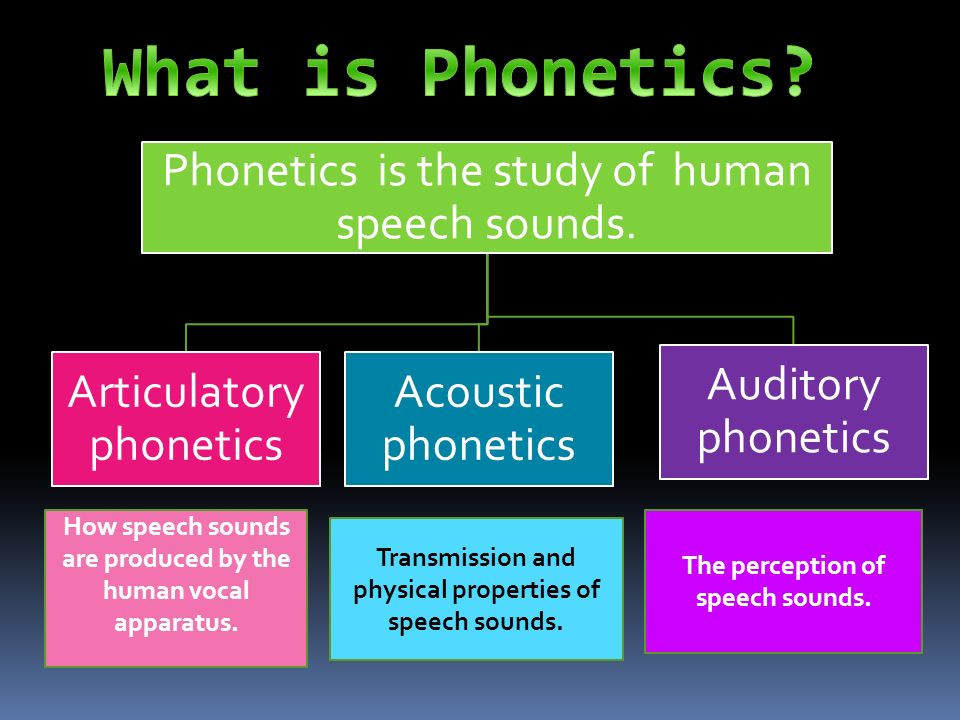
In addition to the main ones, psychoeducation of patients has indirect tasks :
- Patients become more confident in their behavior;
- Improving communication skills, as well as everyday life skills;
- The level of success in the social sphere is increasing.
Psychoeducation is of particular importance in terms of expanding communication ties, exchanging experience and receiving psycho-emotional support from other group members.
At the Mental Health Clinic, we use only those diagnostic, treatment and rehabilitation methods that have received scientific justification and have a significant evidence base. In our practice, we try to apply, if possible, the safest methods, one of which, in particular, is psychoeducation.
Do you need a consultation or an appointment ? Call us
Psychoeducational programs for patients with schizophrenia and their relatives as an element of rehabilitation
The burden of mental disorders has a marked impact on health systems and economies around the world, as mental illness often leads to disability and disability in relatively young people. In this regard, schizophrenia is one of the most severe mental disorders [1].
In this regard, schizophrenia is one of the most severe mental disorders [1].
Modern approaches to the treatment of schizophrenia include a combination of drug treatment and psychosocial care, which should be provided to the patient at an early stage of the disease [2]. In this case, patients can lead a productive and high-quality life, as well as integrate into society [3, 4]. We are talking about psychiatric rehabilitation, which is a constant and continuous process, consisting of a complex of therapeutic, psycho-correctional, educational, professional and socio-economic measures [5]. In this complex of influences, psychoeducational work with patients and their close environment is a relatively new method [6].
J. Authier [7] considers psychoeducation not only in the field of illness, but also as teaching social skills. S. Zandsverk and C. Kane [8] emphasize that psychoeducation makes it possible to protect the fundamental rights of the patient, in particular the right to receive information about their own mental disorder. In the mid-1980s, psychoeducation in German-speaking countries became an independent pedagogical and psychotherapeutic direction, based on the connection of information provision with a cognitive-behavioral approach. This direction combined trainings in the form of individual behavioral correction, the development of an increase in self-confidence in the patient, learning how to solve various issues and communication, and conducting group family therapy [9-eleven].
In the mid-1980s, psychoeducation in German-speaking countries became an independent pedagogical and psychotherapeutic direction, based on the connection of information provision with a cognitive-behavioral approach. This direction combined trainings in the form of individual behavioral correction, the development of an increase in self-confidence in the patient, learning how to solve various issues and communication, and conducting group family therapy [9-eleven].
Currently, psychoeducation is commonly understood as a step-by-step process of obtaining and expanding the knowledge of patients in the field of mental illness and methods of providing psychiatric care, which allows them to more correctly assess existing mental disorders and, accordingly, correct their own behavior in relation to therapeutic measures and others [12] . Psychoeducational programs have two main tasks, which are closely related to each other. The first task is “education” itself, when the patient receives information about mental illness in order to properly understand his condition and control painful manifestations and symptoms.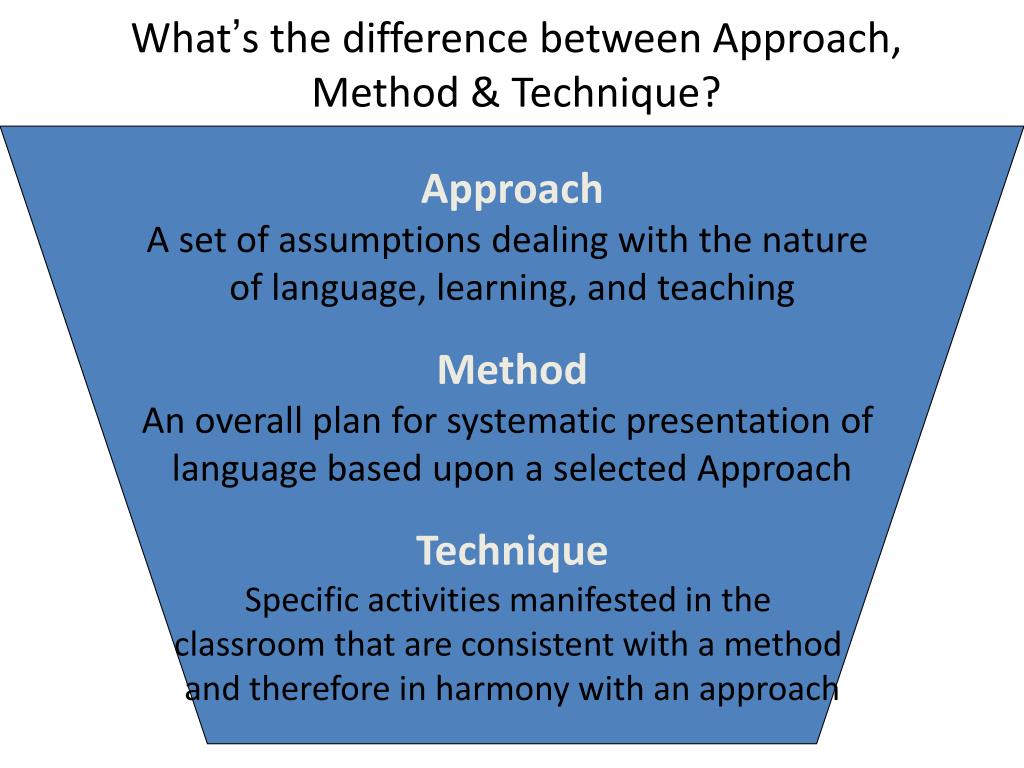 The second task is to provide “psychosocial support”. If the psychoeducational program is carried out in the form of group sessions, then the patient group itself is a source of support and a therapeutic environment for the patient. In this case, patients can develop adequate behavior and reaction skills, communication and coping with difficult situations in a safe environment. Through participation in a group, the patient's needs for communication are met. In psychoeducational programs for relatives or relatives of the patient, great importance is attached to debunking false myths about schizophrenia and combating stigma [13].
The second task is to provide “psychosocial support”. If the psychoeducational program is carried out in the form of group sessions, then the patient group itself is a source of support and a therapeutic environment for the patient. In this case, patients can develop adequate behavior and reaction skills, communication and coping with difficult situations in a safe environment. Through participation in a group, the patient's needs for communication are met. In psychoeducational programs for relatives or relatives of the patient, great importance is attached to debunking false myths about schizophrenia and combating stigma [13].
Thus, psychoeducation is considered as one of the components of the complex treatment of schizophrenia and a type of psychosocial intervention that helps the patient overcome the disease and adapt to the surrounding social environment.
The purpose of this study is to evaluate the effectiveness of a psychoeducation program for schizophrenia.
Material and methods
A prospective study included 30 patients with a confirmed diagnosis of schizophrenia, 23 women and 7 men, mostly aged 18 to 40 years (see table). Socio-demographic characteristics of patients
25 patients were observed during inpatient treatment and 5 were outpatients.
The psychoeducation program was conducted in the form of a conversation with a group of patients - 12 sessions, each of which lasted about 1.5 hours. The sessions were conducted by a specially trained psychiatrist. Sessions were held on the following topics: 1) meeting, mutual acquaintance; 2) introduction to the problem; 3) symptoms of schizophrenia; 4) diagnosis of schizophrenia; 5) causes of schizophrenia; 6) drugs: effects and side effects; 7) symptoms of relapse, importance of friends and family; 8) crisis planning; 9a) recovery principles; 10) dealing with drugs and alcohol; 11) relationships with others and sexuality; 12) summarizing.
The effectiveness of the program was assessed by comparing the frequency of hospitalizations during the 12 months before and after the programs, as well as their average duration.
The psychoeducation program was conducted from December 2013 to October 2014 at the Almaty Mental Health Center.
Statistical analysis: , the McNemar test was used to compare the presence of hospitalization during the 12 months before and after the psychoeducation program [14]. The frequency and mean duration of hospitalization were compared using the Wilcoxon test [15].
Results and discussion
The socio-demographic characteristics of program participants shown in the table show that almost 80% were women, 2/3 of the participants were under the age of 30, but only 17% were employed and 1/3 lived in their own home.
All 30 patients completed the program in full, which indicates its applicability for patients with schizophrenia living in urban areas.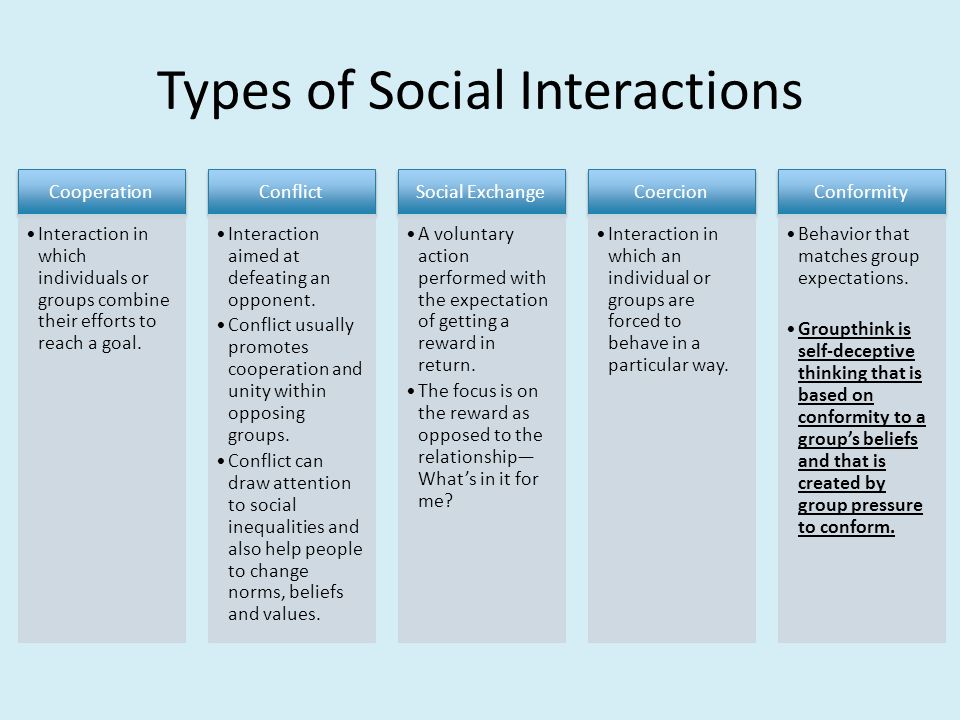
All 30 patients during the previous 12 months of the program were re-hospitalized due to an exacerbation of the disease. After the psychoeducation program, 5 participants did not have a single hospitalization for 1 year (χ 2 McNemar equals 3.2, p = 0.0736). The mean number of hospitalizations during the 12 months prior to the program was 4.9, after the program - 3.8. The 1-year hospitalization rate for 10 participants remained unchanged.
In terms of length of stay, the number of inpatient stay days for psychoeducated patients after the program was 35 days compared with 67 days before the program ( p <0.05). It is important to note that 20 patients from the psychoeducational groups, after a change in their mental state, independently turned to their attending physicians in order to clarify maintenance therapy, although previously they often violated the treatment regimen or completely refused it, showing obvious mistrust.
Research has shown that psychoeducation programs can be integrated into the practice of mental health services.